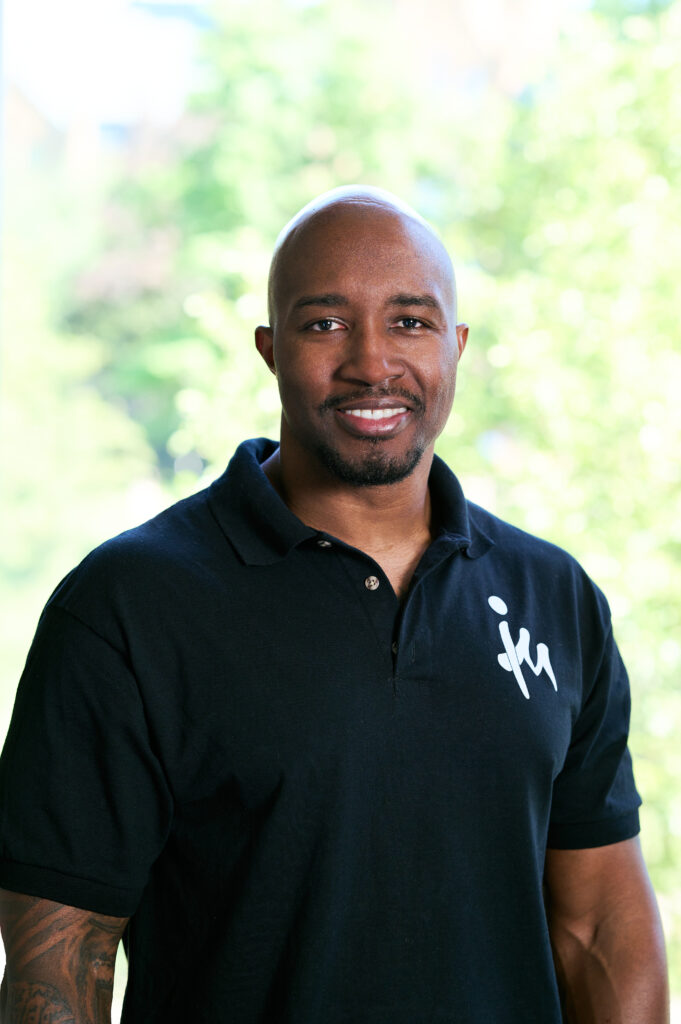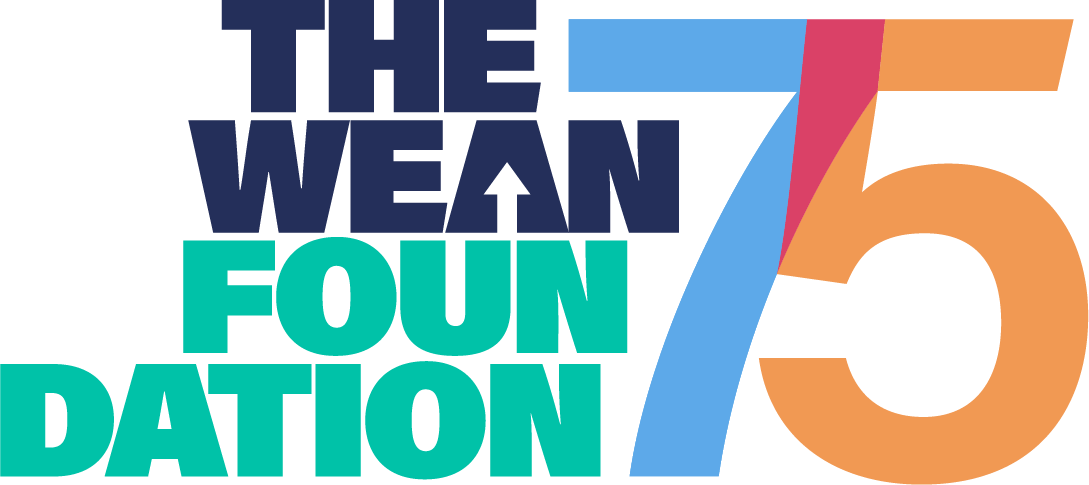A True Inspiration: Helping Youth See Anything Is Possible
Deryck Toles, Founder and CEO, Inspiring Minds

The founding of Inspiring Minds is a well-known story. After suffering a career-ending injury to his professional football dreams, Warren native Deryck Toles reflected on what had helped him along his path: It was the people in his life who showed him anything was possible. Toles wanted to be that person for others. He started meeting with a few students each month, and then each week, at the McDonald’s in Warren, to talk about their future and help them with homework and whatever else they needed. One day, one of those students said they wanted to go to college but didn’t know how, and Inspiring Minds was born.
Today, Inspiring Minds works with more than 700 K-12 students annually across locations in Warren, Youngstown, Dayton, Philadelphia, New York, and Raleigh-Durham, North Carolina, providing free after-school and summer programming. The programming focuses on five areas of impact: education, college and career readiness, exposure to new experiences, health and wellness, and personal development.
Inspiring Minds is now older than most of the students it works with.
“When you think about the average lifespan of a nonprofit—to now be 19 years old is huge,” said Toles, CEO of Inspiring Minds.
In reflecting on the early years of Inspiring Minds, Toles recognizes how critical it was to find partners like the Wean Foundation who were willing to give him a chance.
“I was green. I knew nothing about grantwriting and foundations,” he said. “I had a lot of big dreams, big goals. I was trying to find people who were willing to support the vision.”
Shortly after establishing Inspiring Minds, Toles received a Neighborhood Success grant—now called Resident Engagement grants—from the Wean Foundation.
“That was the beginning for me as a development professional,” he said.
Toles attributes the nonprofit’s longevity to its intentionality—it is 100% focused on the mission and delivering on what it says it’s going to do.
“We have always made sure every decision we make and every idea we come up with goes back to the work, what will benefit our students and our community,” he said.
Along the way, Toles has learned a thing or two. Here, he shares advice that has supported him on this journey for other nonprofit leaders.
Do what you say you’re going to do. That’s the basis of who I am as a person and who I’ve always wanted the organization to be. It’s very easy to overpromise and underdeliver. With no ill intent, it’s just very easy to do that. Be intentional. If you say you’re going to do it, do it.
Make sure race equity and inclusion come from the right place. We’re an example of what race equity and inclusion can do and be for the community. We’re Black founded. We came in to serve a predominantly Black community. We have 90 people on our staff and 88 of them are African American. We’re an example that it can be done. We’re an example of when you include people, when you listen more than you talk and you include the opinions and values of others, you come to a better place and can have success. … Race equity and inclusion can’t start and stop at your job. It has to start with you. thisIf you don’t believe in it, if you don’t visit different places and step out of your comfort zone or your neighborhood, it’s going to be tough to really replicate actual inclusion in your workspace. We need to do some self-reflecting on what’s next to us, where we eat, where we go, and who our kids are around. All of that adds to the true experience of implementing race equity and inclusion into your work.
Give to the community what you want it to give to you. Growing up, we didn’t have a whole lot. You were treated how you treated people. The people who lived on my street, they looked after me because I respected them, and that’s something our organization does for people today.
Adopt a producer mindset. I grew up being so competitive. Playing sports, everything was always a competition. When I first showed up in the nonprofit space, I would hear terms like, ‘competitive grant process.’ So I focused on my competitive nature to try to get my footing and figure things out. That competitiveness came from a consumer mindset, the thought that you need to consume everything to get to the next level. That mindset can cause us as nonprofits to go after each other. That’s not good for the community. The Wean Foundation helped me take on a producer mindset—to go from, ‘How can I compete?’ to ‘How can I contribute?’ If you understand your role in the big picture, it becomes easier to find the value of your work in the space. And I think that serves our community well.
